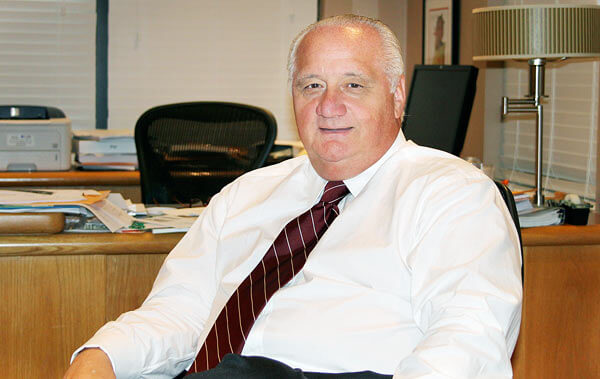By Rich Bockmann
In an effort to control expanding costs, New York state has placed a $15 billion cap on Medicaid expenditures, but officials at St. Mary’s Hospital for Children in Bayside said these measures could have devastating results for the program’s most vulnerable recipients.
The hospital, at 29-01 216th St., provides both inpatient and outpatient care for children with developmental disabilities and complications stemming from acute injuries.
Of the 4,000 patients it cares for, a small percentage are adults who require similar levels of continued care once they reach age 18 and transition into Medicaid’s adult program.
Under the recommendations for proposed cuts from the state’s Medicaid Redesign Team, care for child patients is protected, but the hospital’s adult patients are subject to the same cost saving measures as the general adult population.
Jeffrey Frerichs, the hospital’s chief executive officer, said that because of the nature of their conditions, his adult patients should be considered child patients and receive the same exemptions.
“Issues faced by patients aging out of pediatric care are far more complex than adults on normal care,” he said. “You can’t treat children like they’re small adults.”
Frerichs said many of the programs the hospital provides for adult patients are essential in helping them to live functional lives, and state legislators responsible for trimming the budget cannot ignore the fact that these needs arise from patients’ childhood conditions.
“The overall budgetary problems target Medicaid because it’s the single largest component of the state budget,” he said. “These patients require some kind of medical care for the rest of their lives. The symptoms are caused by their underlying pediatric conditions.”
Leslie Johnson, a spokeswoman for the hospital, said the patients at St. Mary’s represent an emerging population that did not exist 10 or 15 years ago, and thus were not taken into consideration when Medicaid was designed to care for the disabled and elderly.
The cuts would also affect the hospital’s outpatient programs, which Johnson said not only produce the best outcome for patients, but are also the most cost-effective.
Frerichs said he was considering putting together a campaign designed to persuade legislators and Medicaid officials to protect these services for adult patients.
Reach reporter Rich Bockmann by e-mail at rbockmann@cnglocal.com or by phone at 718-260-4574.




































